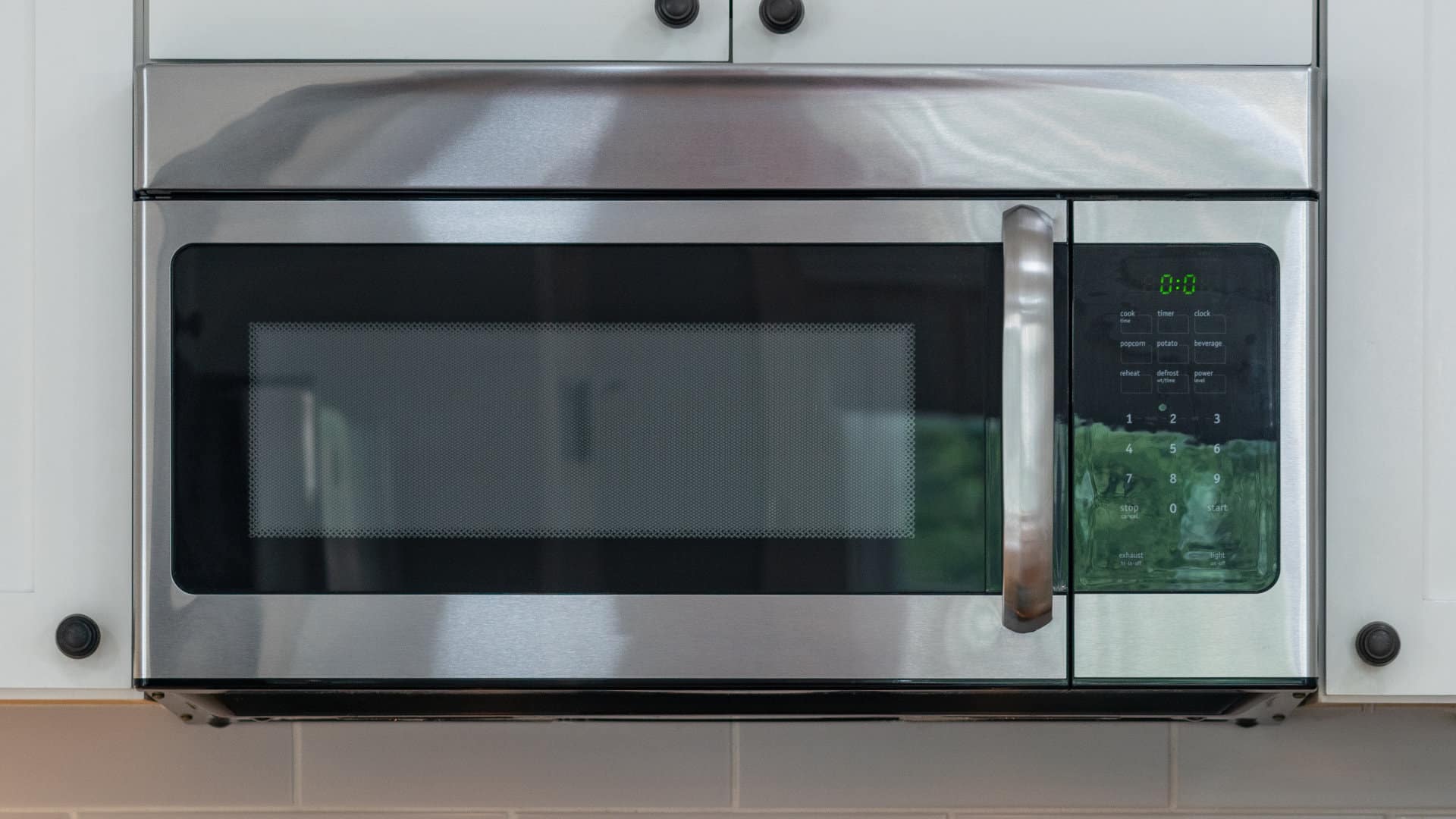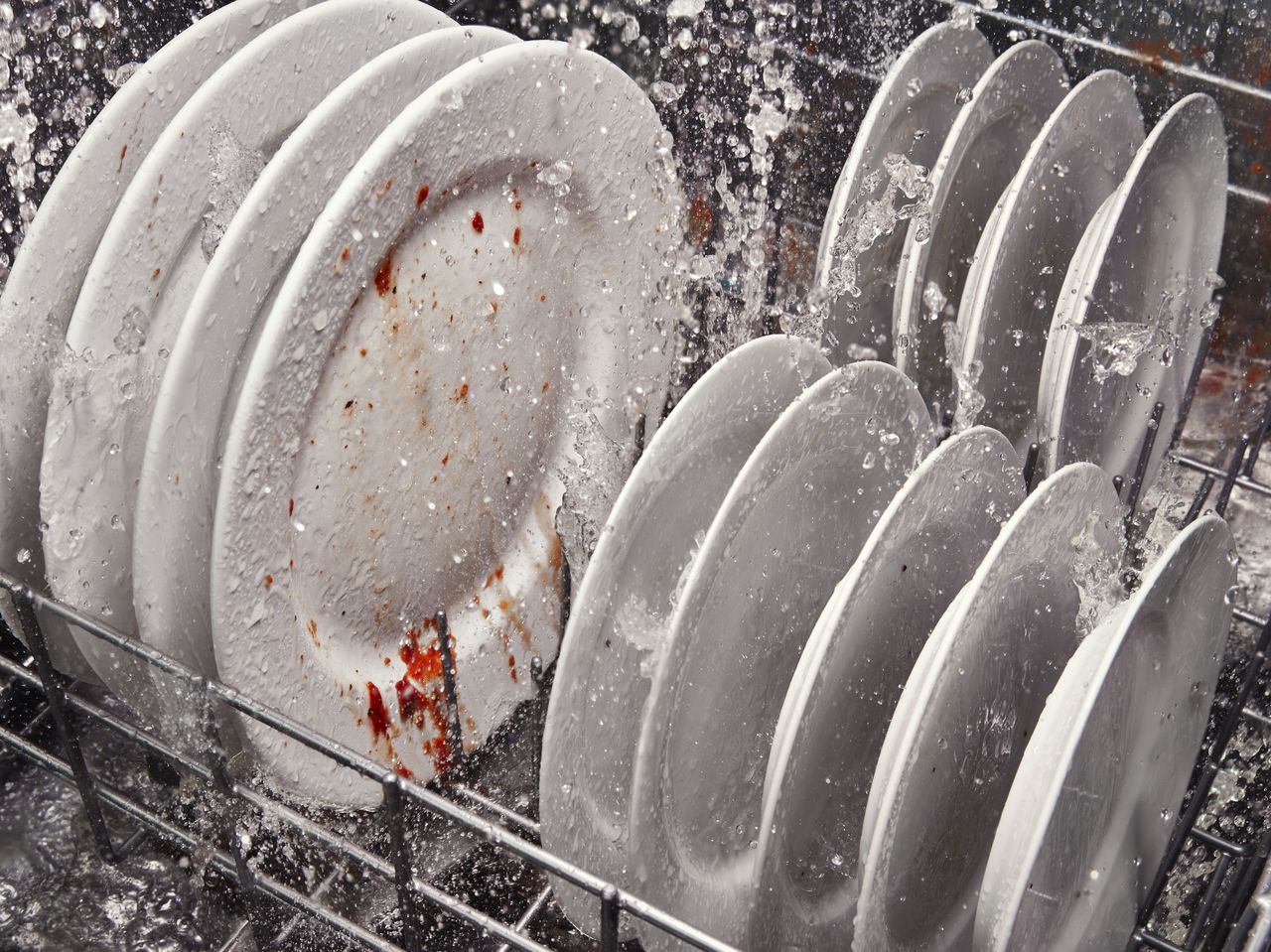
Living with hard water can is something that millions of people deal with every day. Many geographical regions and cities in the US alone feature hard water running through the taps, and it’s something homeowners have to handle on their own. You know you’re dealing with hard water when you see ‘water spots’ on everything from the drinking glasses to the shower walls and everything in between. But worst of all, you know your home has hard water when your dishwasher starts to fall down on the job.
What is Hard Water?
Hard water is water loaded with minerals like calcium and magnesium that leave a chalky residue on absolutely everything the water touches. Homes in entire regions run hard water, and the minerals making the water ‘hard’ are usually natural to the soil and a normal part of the local water table. Both tap and well water can be hard. The hardness of your water is determined by how much of these minerals are dissolved into the water that flows through your taps.
Hard water minerals are not harmful to your health, but they can wreak havoc on pipes, water-running appliances, and the spotless appearance of your home. Most people know they have hard water when they see the water spots, known as ‘scale’ in the plumbing industry. And water spots, you could deal with. But you know hard water has gone too far when your dishwasher not only leaves spots but then goes on to leave your dishes not fully clean when the cycle ends.
So today, we’re here to highlight how hard water can damage your dishwasher and ways you can remedy the problem at home.
Water Spots or Cloudy Dishes
The simplest dishwasher problem is that your dishes are clean, but they never appear clean because they are coated in chalky white spots. It is most evident on clear drinking glasses, but water spots or cloudiness can go so far as to leave your normal dishes looking cloudy and feeling chalky when you touch them.
Fortunately, the solutions to these problems are simple.
Solution: Fill Up on Rinse Aid
If your hard water is at a manageable level (spots but not full dish coating), load up on rinse aid. If your dishwasher has a rinse aid dispenser, fill it up and keep it topped up regularly. If it does not, remember to splash in a little rinse aid (or white vinegar if you’re saving money) for each load.
Solution: Use Hard Water Detergent
One of the strange and terrible effects of hard water is that it makes it difficult for soap to suds, reducing the effectiveness of any detergent you use. Look for a detergent that is specifically made to work in hard water dishwasher loads or start adding extra detergent to help your dishwasher get the job done.
Chalky Residue Inside Dishwasher
If the dishwasher itself is becoming coated in scale, then you’ve got a real problem. A dishwasher that can’t keep itself clean certainly can’t keep your dishes clean and a build-up of scale is actually more dangerous than you might think. That chalky residue can start to clog up your dishwasher pieces and damage the components. So it’s best to blast the scale-out fast before it becomes a problem.
Solution: Run Dishwasher Empty with Vinegar
White vinegar is the best way to defeat hard water on a case-by-case basis. The acid in the vinegar breaks down the chalky scale and makes it possible for hot water to wash it all away. To clean the entire inside of your dishwasher, you don’t have to crouch and scrub. Simply place a bowl of vinegar upright in the top tray of your dishwasher and run it hot for one empty cycle.
This trick can also work as a rinse-aid solution, especially if your dishes are coming out coated in scale and not just spotty.
Dishes Aren’t Getting Clean
But when your dishes are still coming out with food on them, you know you have a real problem. This isn’t actually a direct cause of the hard water, but rather the damage it’s doing to your dishwasher over time. As we mentioned above, the scale that builds upon the components can cause clogs and eve corrosive damage to your dishwasher parts. This, naturally, will prevent the dishwasher from cleaning and will eventually kill the appliance or parts.
Solution: Wipe Sprayer Arms with Vinegar
The most likely problem is that scale buildup has clogged the little holes in your sprayer arms. This is actually a universal problem with hard water and you may have noticed similar issues with your sprinklers or showerhead. The solution, again, is vinegar. Soak a cloth in white vinegar and wipe down your sprayer arms. Brace the arm so it doesn’t wobble and scrub at the nozzle holes until the scale is gone. Then consider running the dishwasher empty with vinegar to get any unseen or hard-to-reach buildup elsewhere.
Solution: Wipe Under-Components with Vinegar
Any component of the dishwasher you can reach with your vinegar-rag, do so now. Scrub everything you can find with vinegar to reduce the damage that the constant hard water is causing. Look for anything that appears cloudy or like it could possibly be damaged by the contents of your tap water.
Solution: Look for Signs of Component Damage
Inspect the inside of your dishwasher carefully for signs of damage or blockage. If you see signs of scale, scrub it with vinegar. But most of all, look for signs of rust that could mean a part is about to break or has already broken.
Signs of Rust on Dishwasher Components
Hard water causes rust and corrosion because some of those chalky minerals are actually salts, and salts are bad for metal components. When a metal is exposed to salt for too long, especially salty water, it will eventually start to rust or corrode depending on the type of metal it is. If you see rust or corrosion, that is bad news.
Solution: Replace Damaged Parts
Any dishwasher part that is rusting will need to be replaced. It has already taken structural damage and if it hasn’t failed already, it may fail in the near future or slowly lose functionality over time. Make plans to buy replacement parts and decide whether you’re going to tackle replacement on your own or call a service technician to do the repairs professionally.
Solution: Install a Water Softener
If your dishwasher is showing real signs of damage from hard water, this means two things. First, your water is unusually hard, even by regional standards. Second, it means you should consider a water softener. Localized or whole-home water softener units strip the minerals out of the water, converting it back to soft mineral-free water.
This is not just a good decision for your dishwasher, it can also save your washing machine, fridge, sinks, showers, and sprinklers from a similar fate. Not to mention, eliminate the need to constantly scrub water spots off of every surface in the house.
—-Dishwasher troubles are often mechanical, but sometimes the culprit is something as seemingly harmless as your tap water. If hard water has done serious damage to your dishwasher, contact us today. Our team of skilled technicians can help you not only replace the damaged parts but also plan for better dishwasher performance in the future.
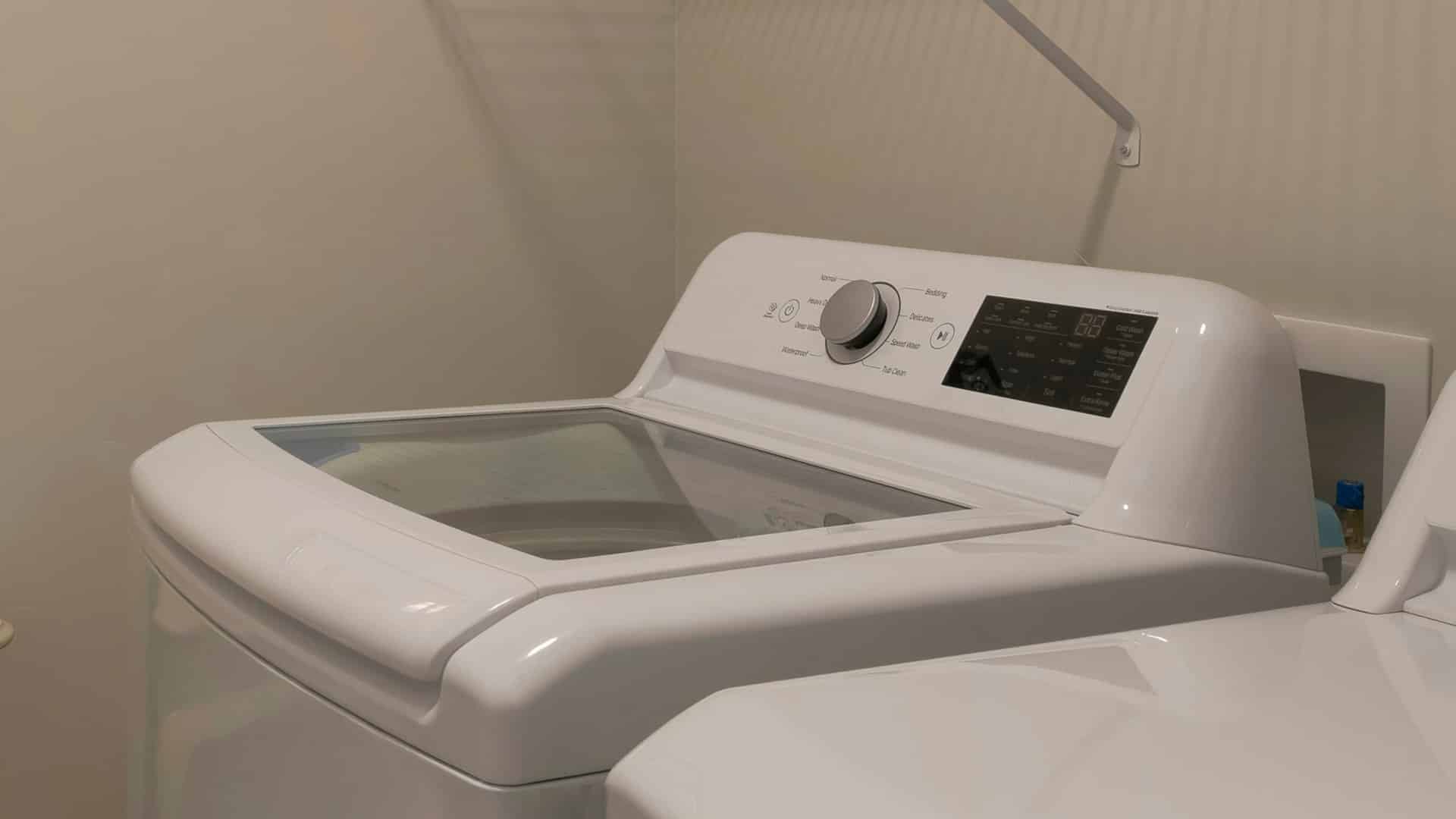
GE Washer Not Spinning? Here’s The Fix!
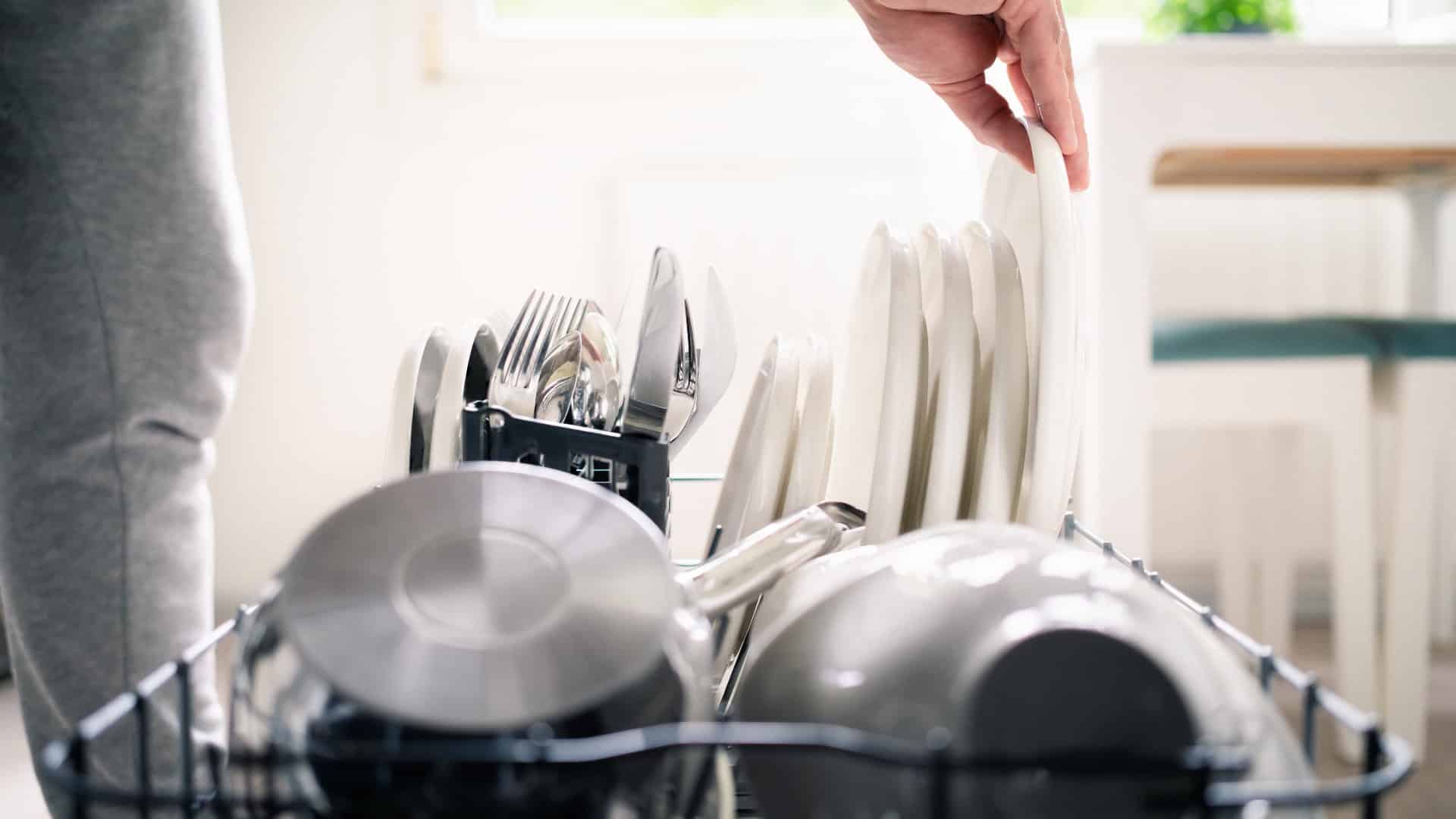
How to Restore Power to Your GE Dishwasher
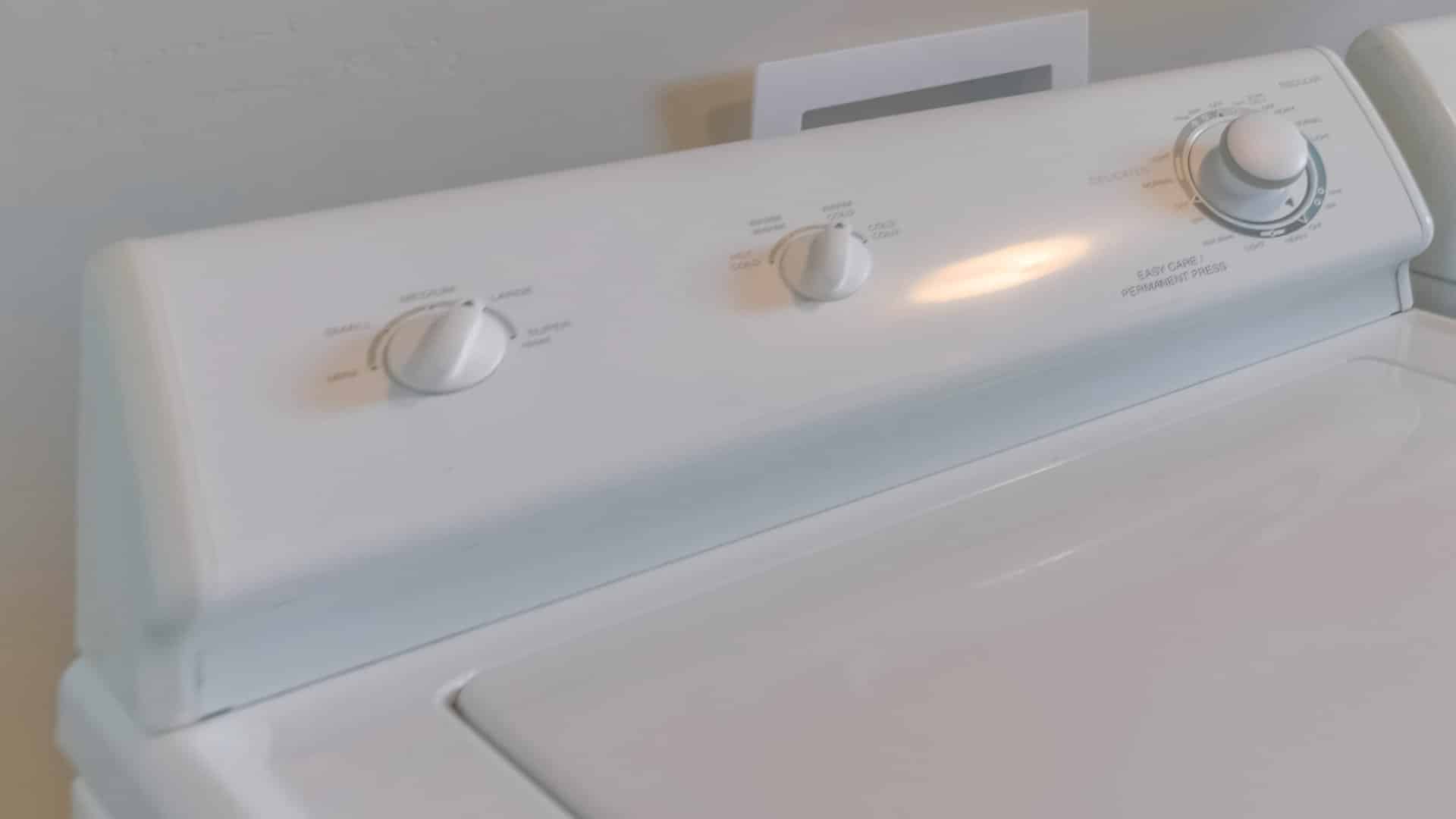
How To Reset Your GE Washer Top Loader
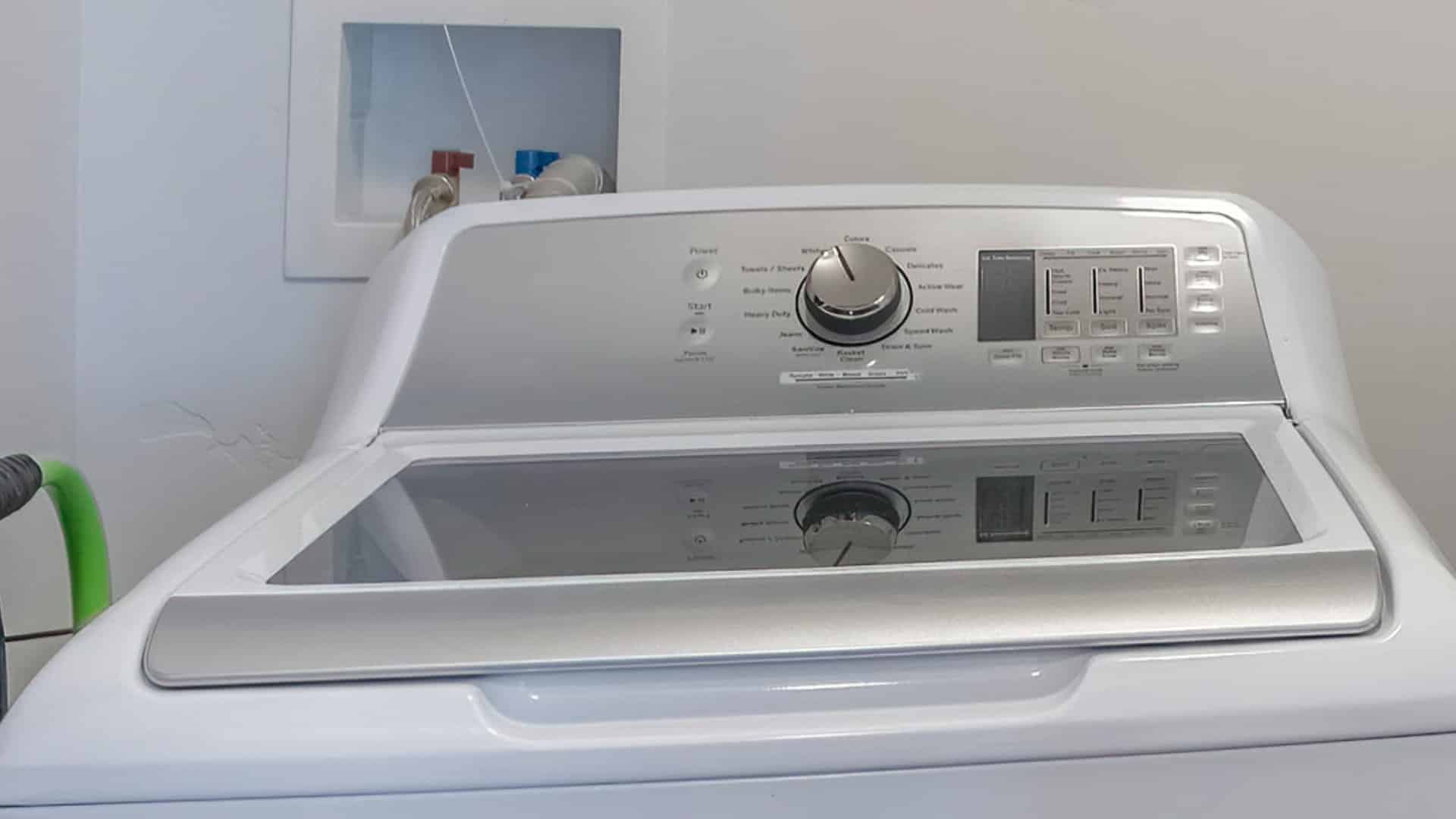
Understanding Whirlpool Washer Error Codes
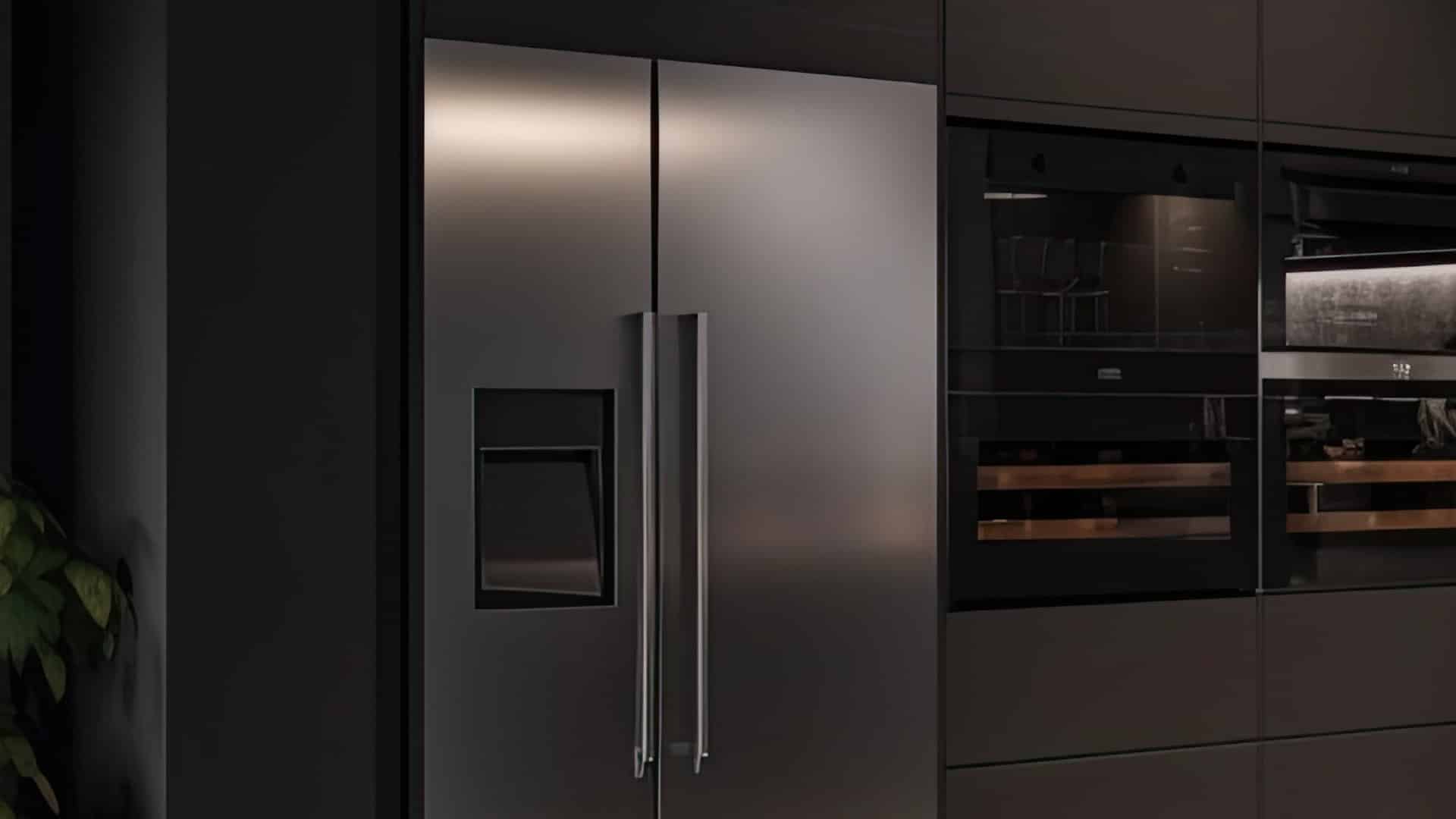
JennAir Ice Maker Not Working? Here’s What to Do
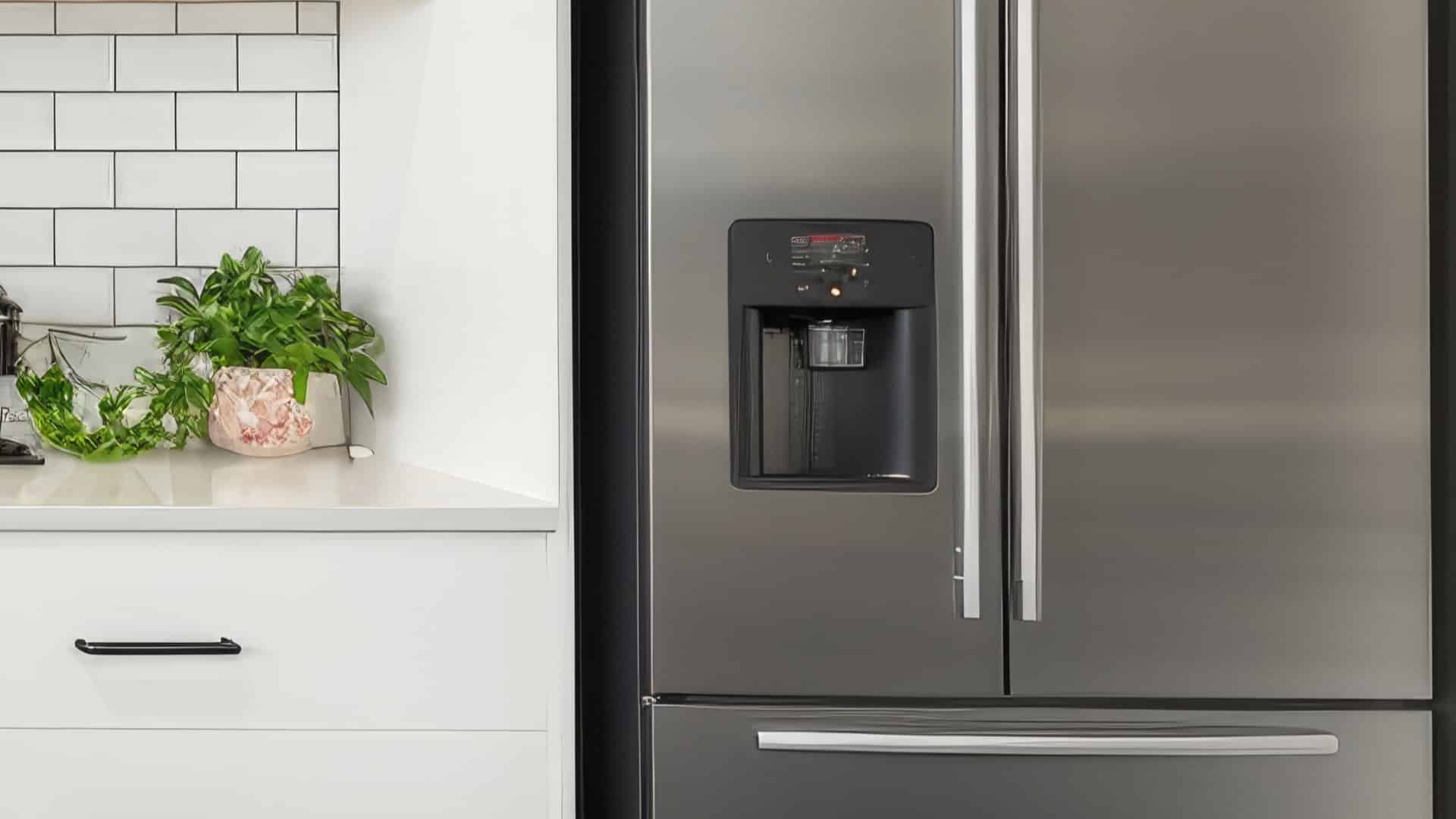
What to Do If Your LG Fridge Isn’t Cooling
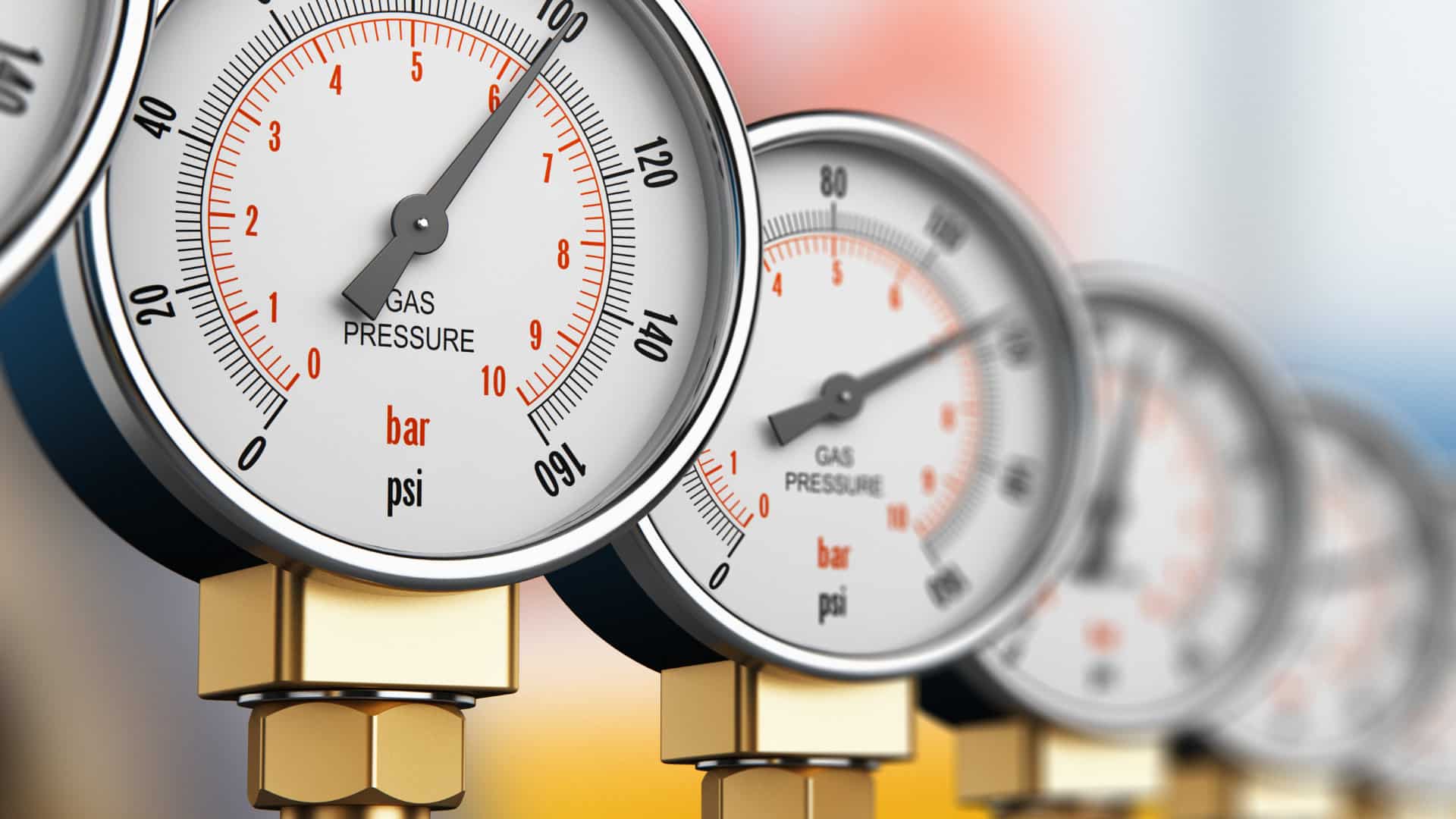
Propane vs. Natural Gas Stove: What’s Best?
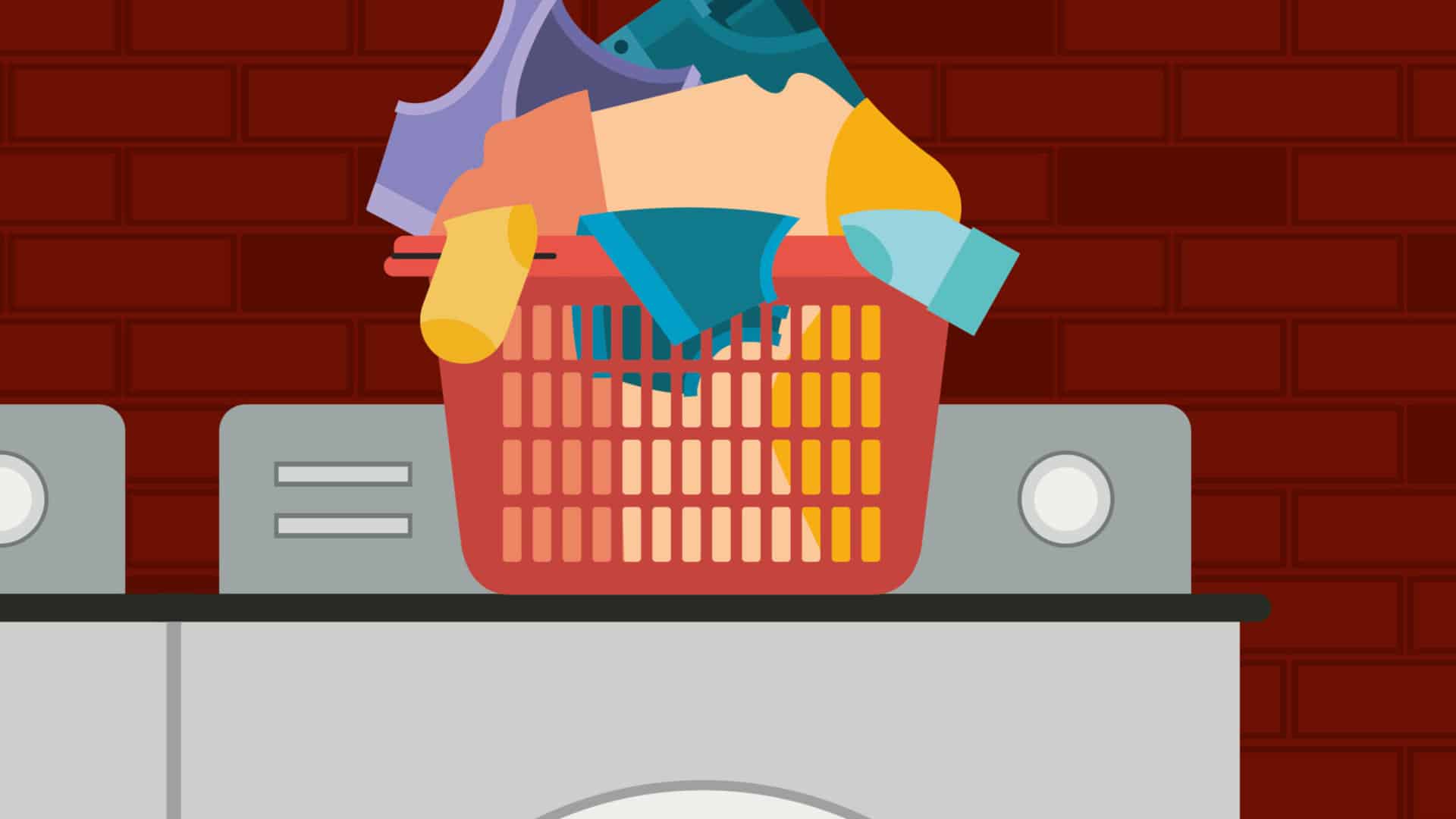
How Hot Does a Dryer Get?
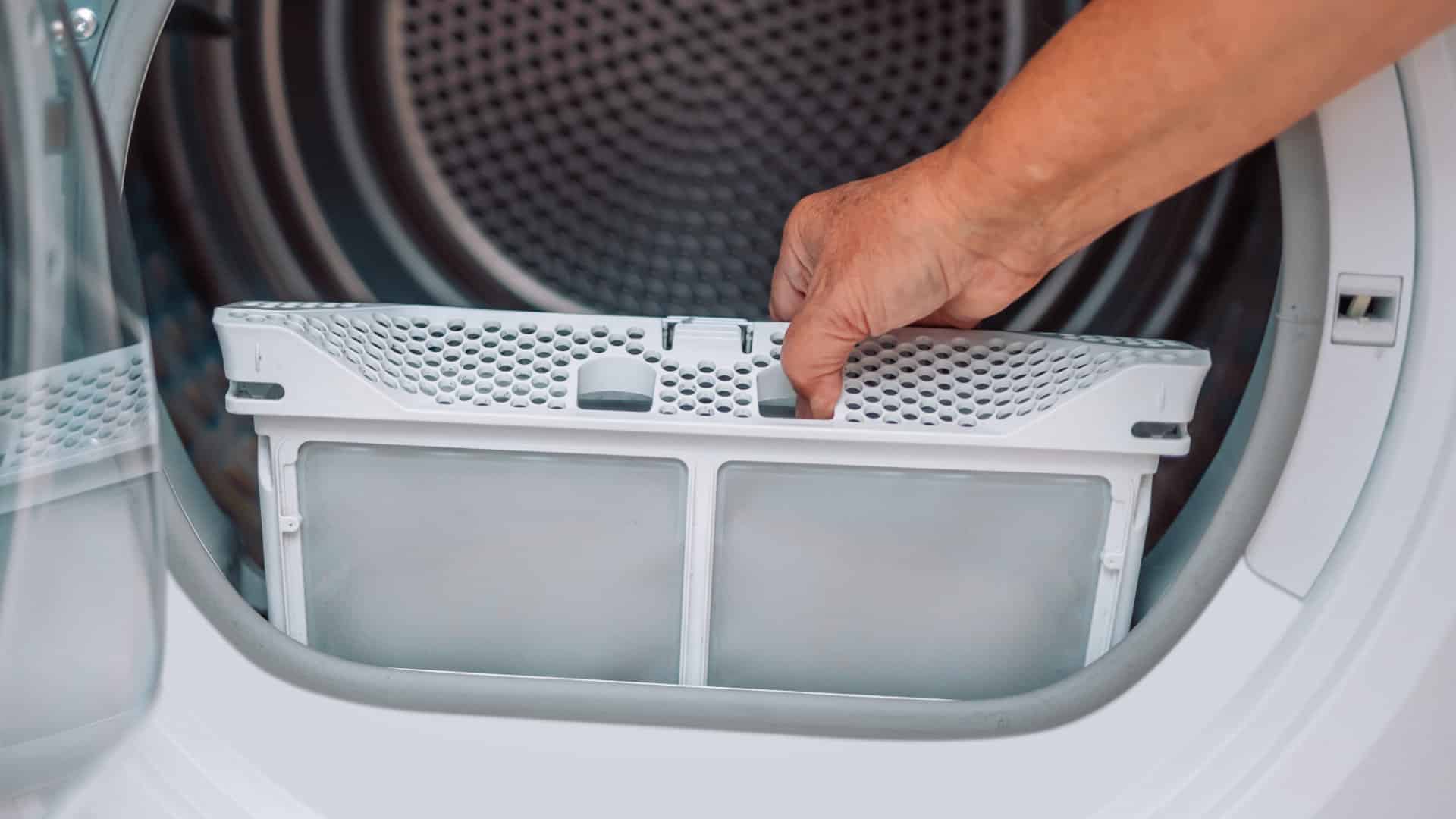
LG Dryer Flow Sense: Everything You Need to Know
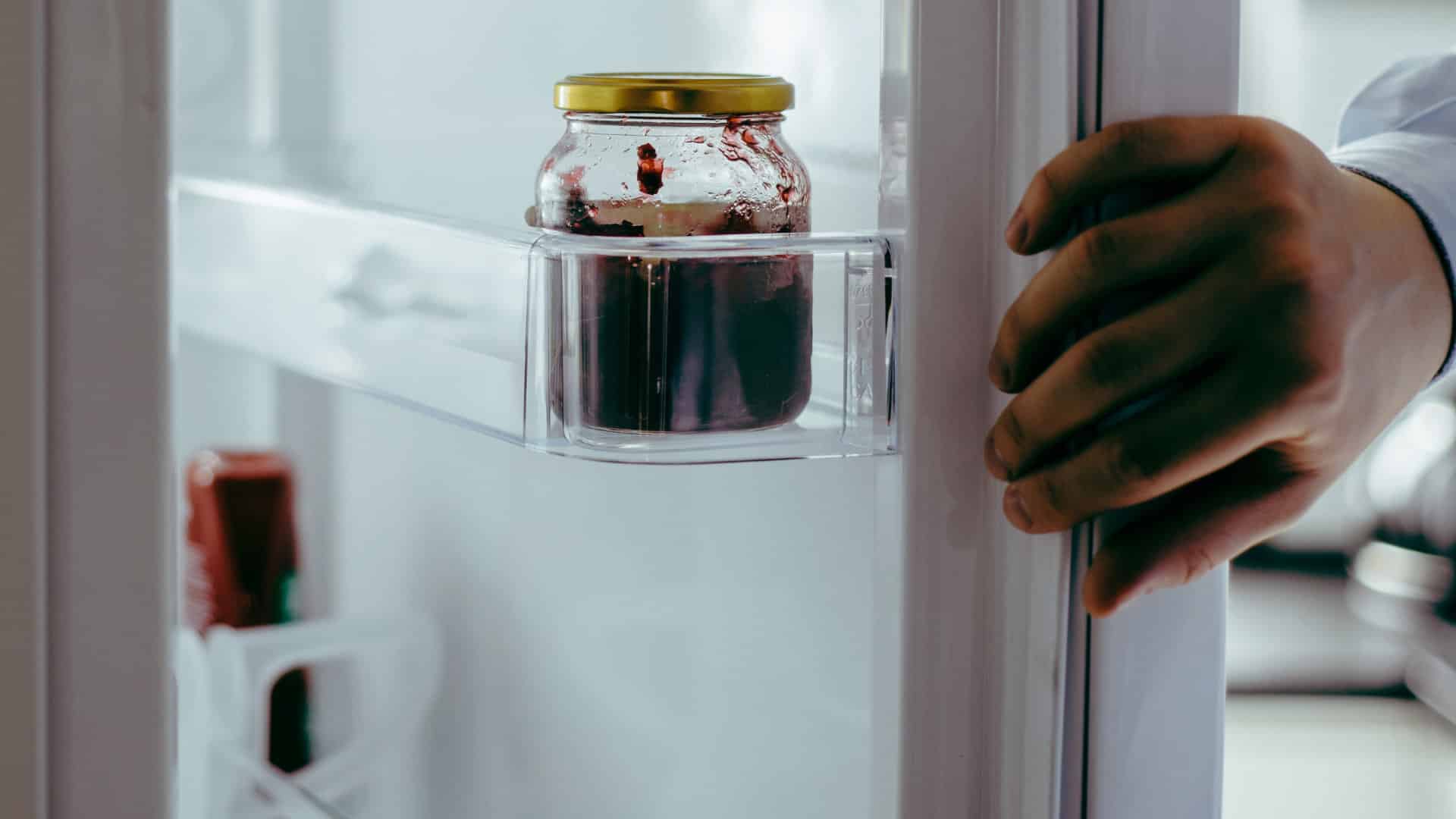
What to Do When Your Freezer Is Not Freezing but the Fridge Is Cold
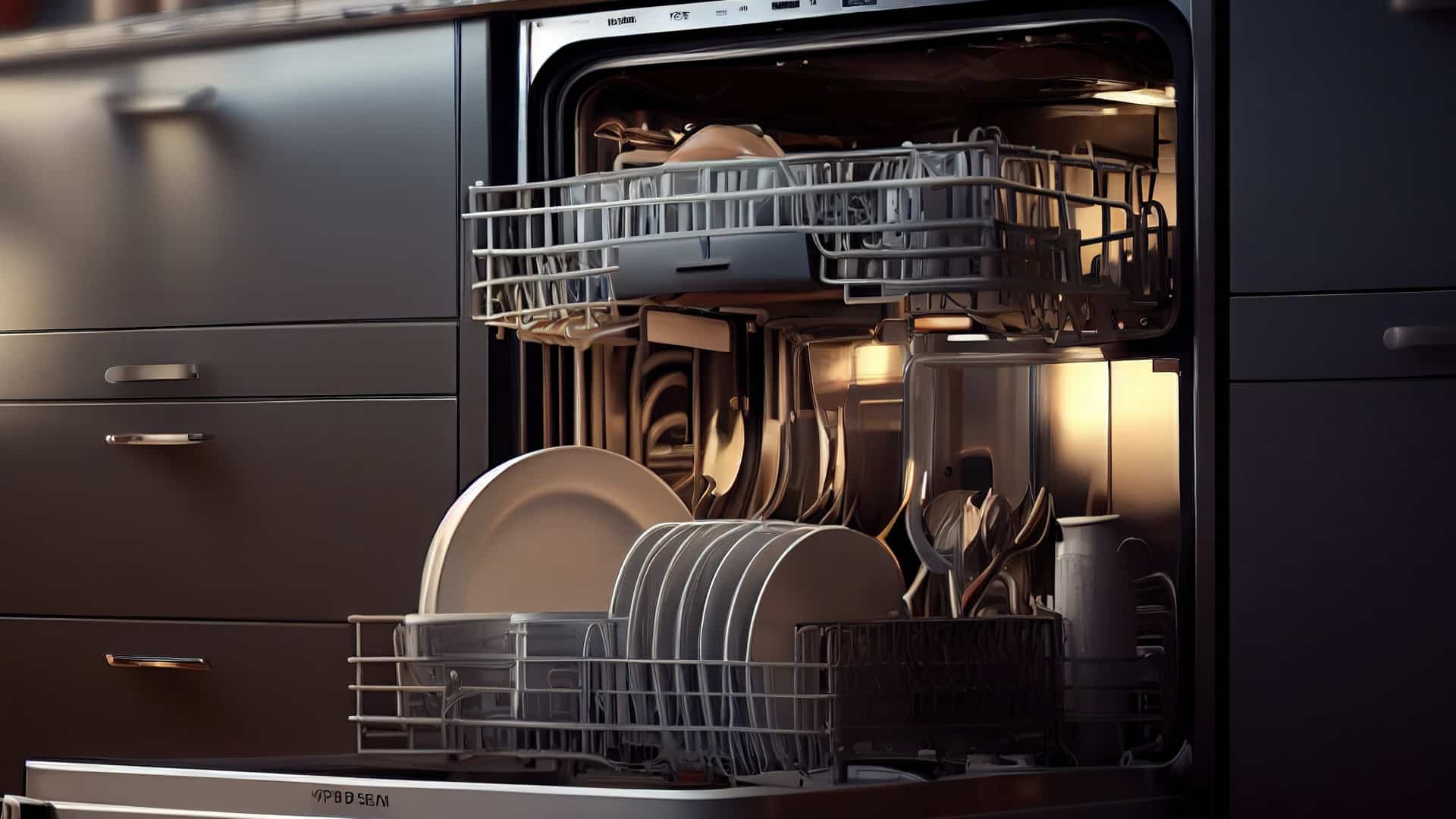
How to Solve Maytag Dishwasher Showing Error F9E1
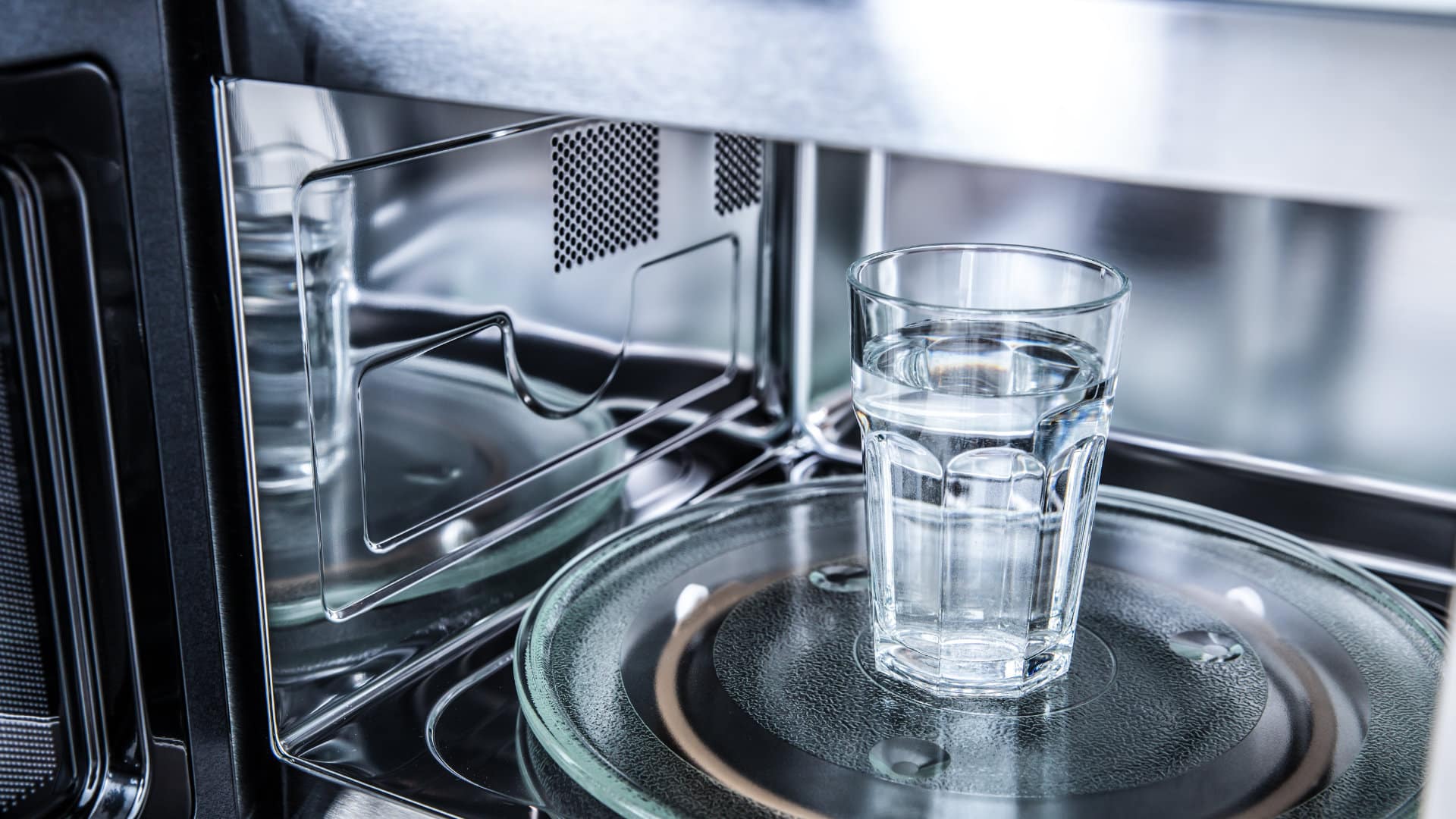
When Is a Microwave Unsafe to Use? (Warning Signs to Look For)
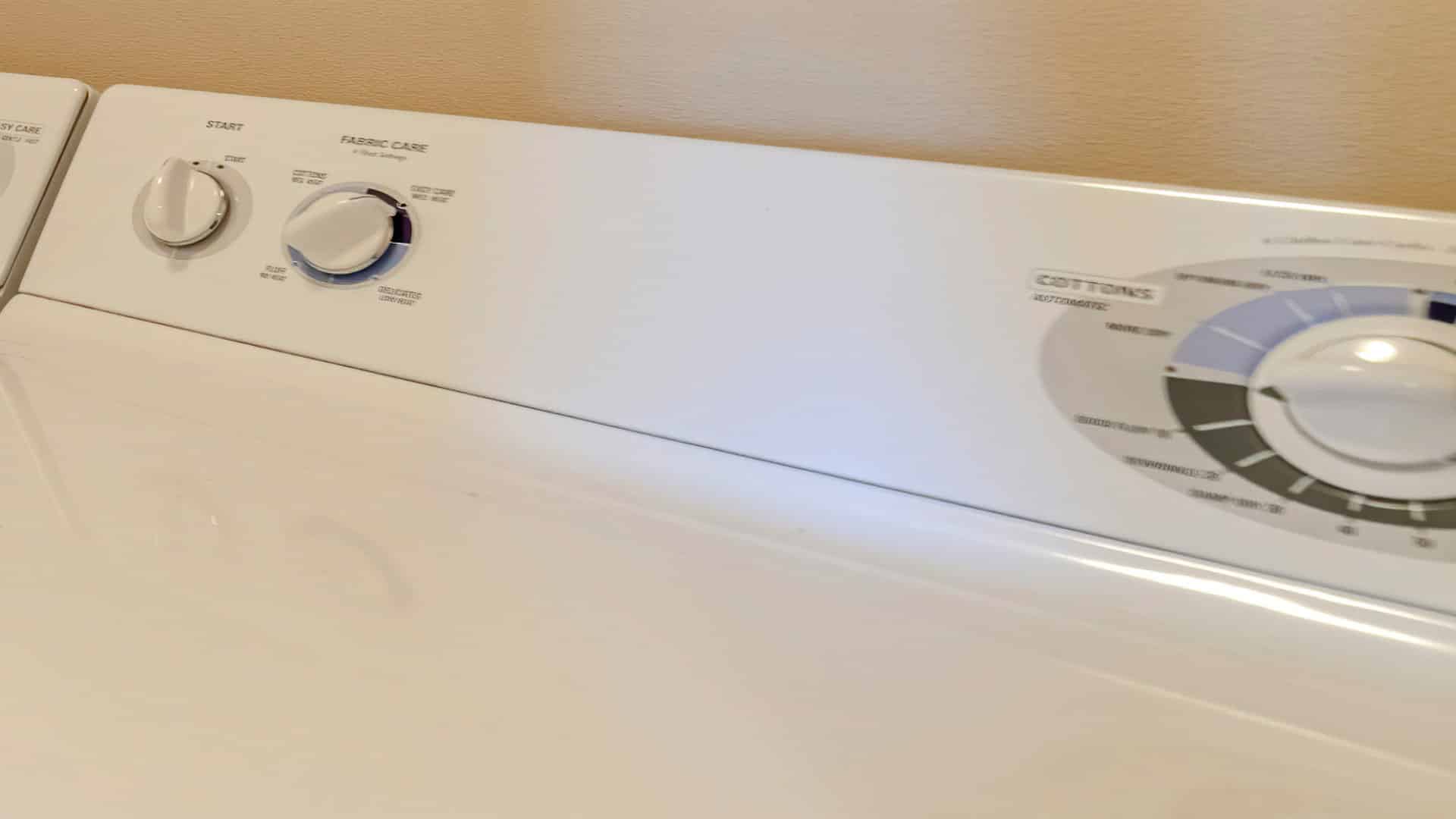
How to Fix a Squeaky Dryer (Step-by-Step)
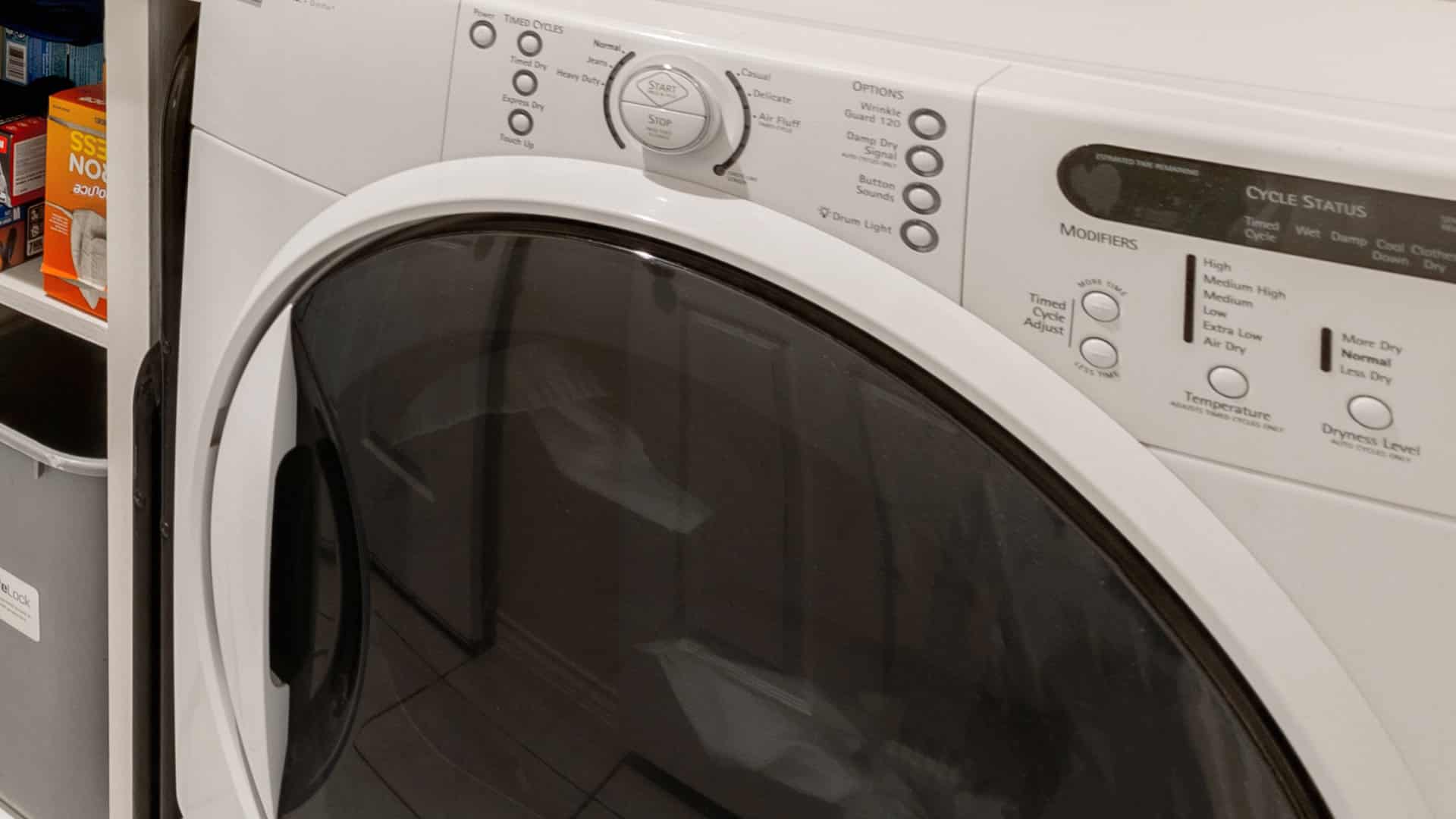
How To Remove Ink From Your Dryer
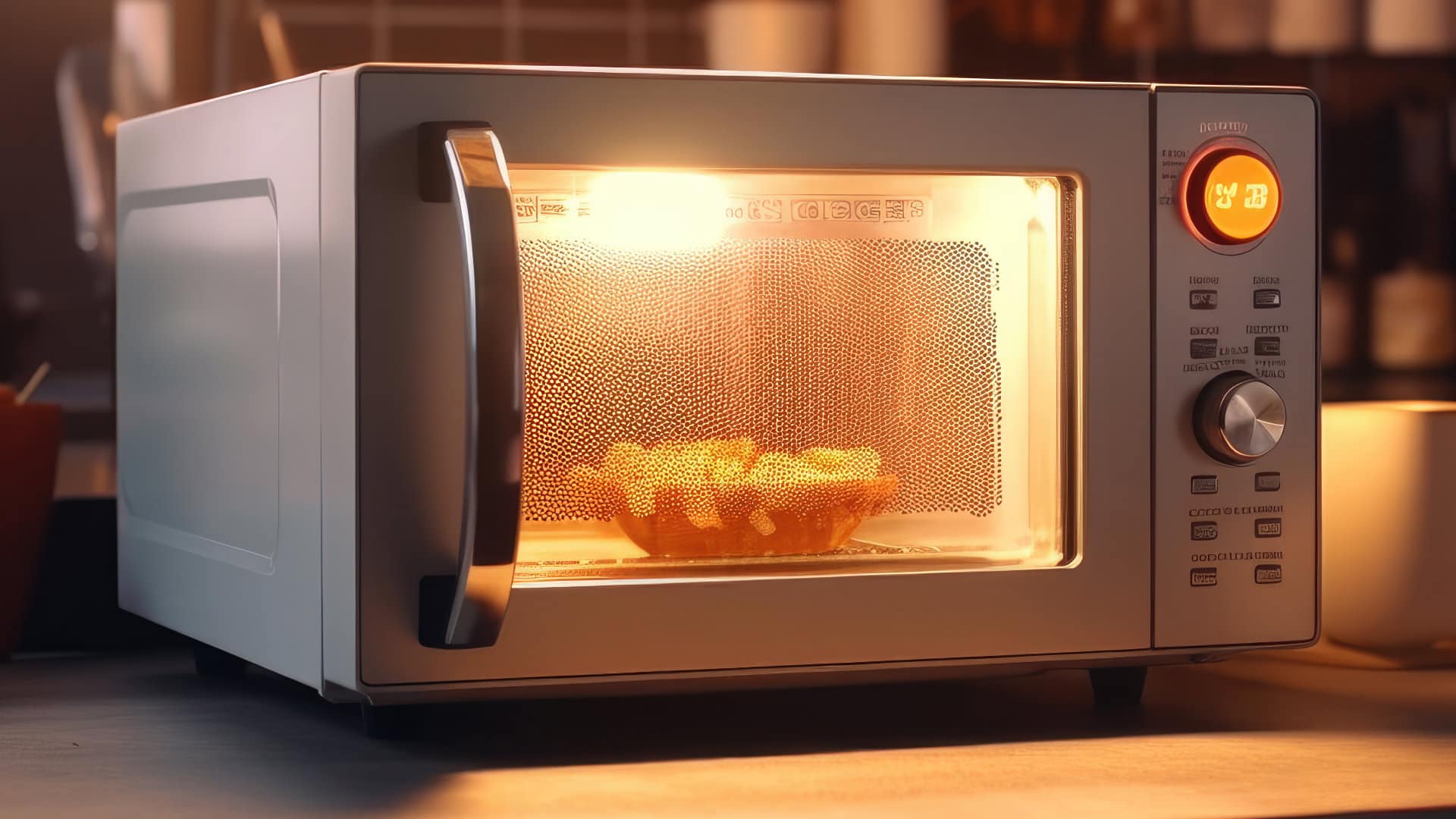
How To Fix an LG Microwave Not Heating
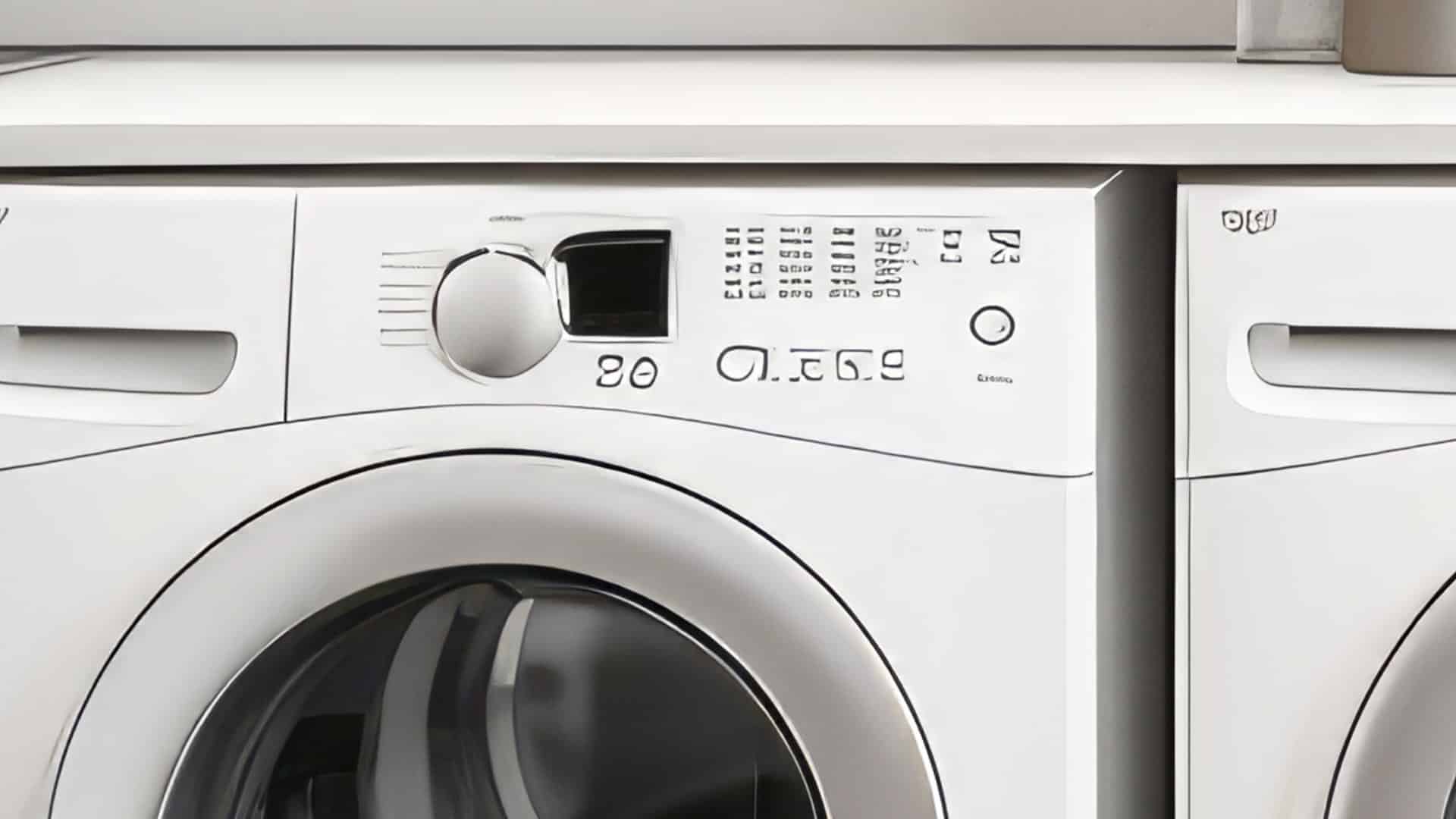
How To Fix a Maytag Washer Not Spinning
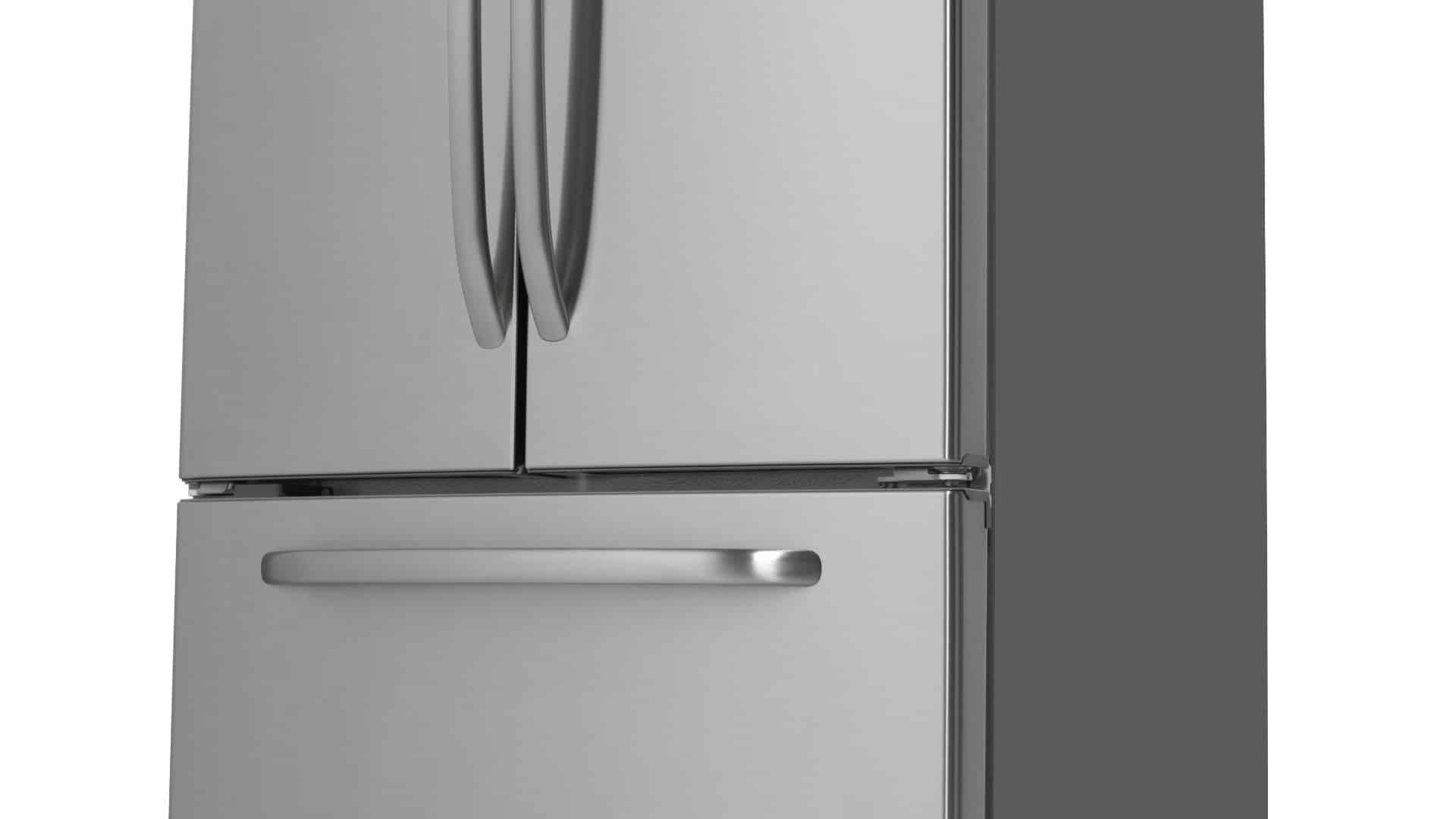
KitchenAid Refrigerator Not Making Ice? Here’s Why
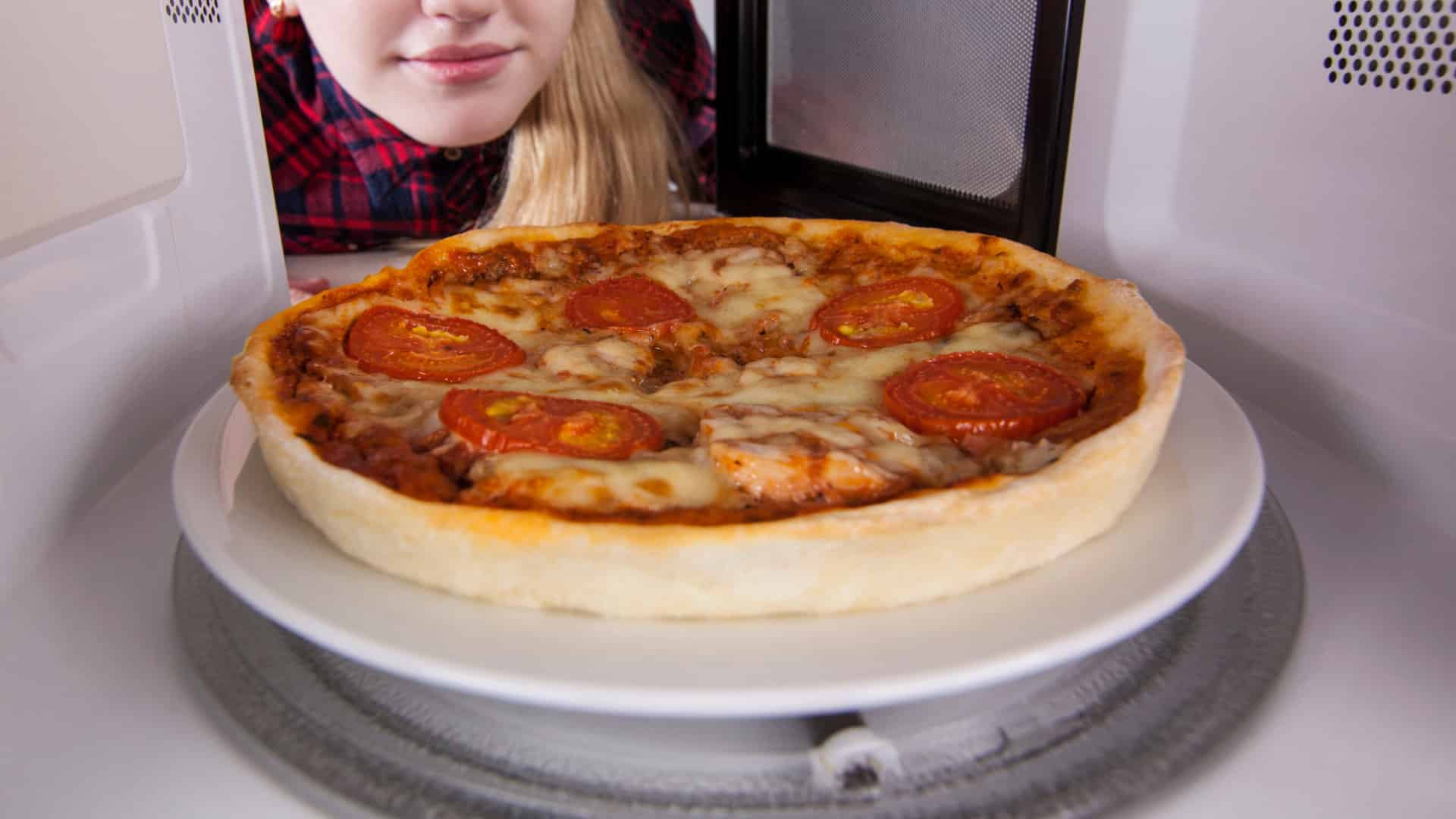
Whirlpool Microwave Door Error: How to Fix It
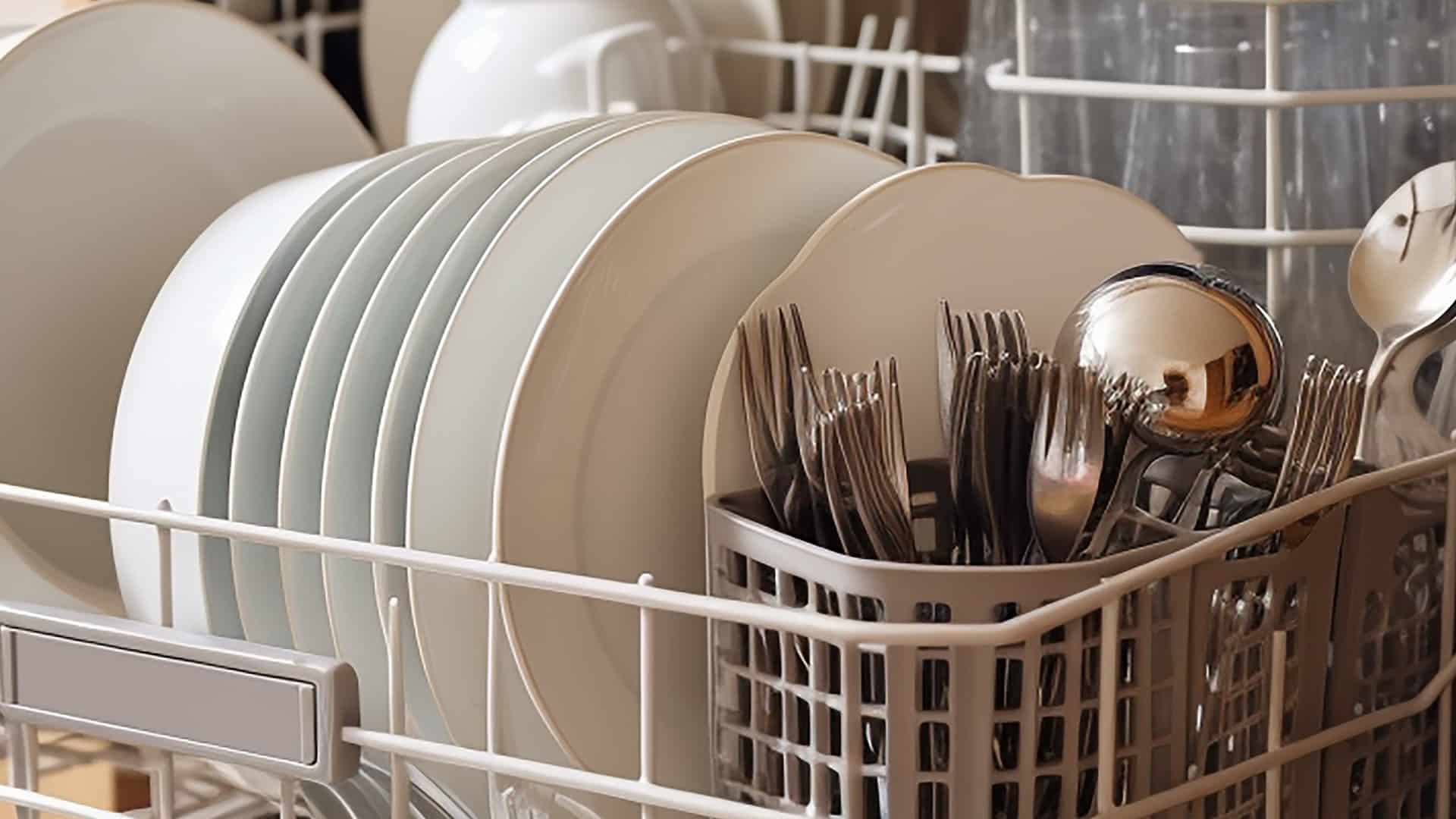
13 Things to Never Put in the Dishwasher
